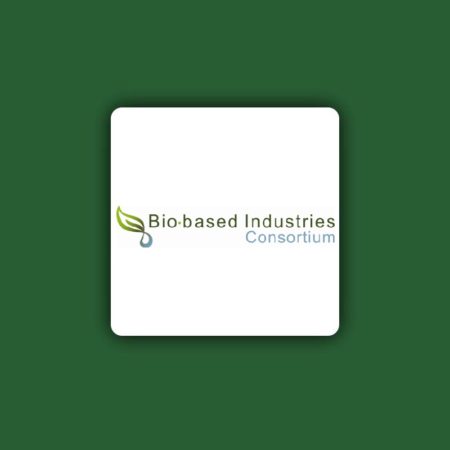By 1941, Ford – who even wore clothes made from soy bean-based textiles – had developed a handmade car with a plastic body made completely from plants. It was described by contemporary news reports as ‘part salad, part automobile’.
Unfortunately, like many others who have tried to commercialize plant-based materials, the Ford Motor Company never figured out how to produce soy bean-based plastics that could compete on performance and price with petroleum-based equivalents. Today, with our world facing defining challenges – including climate change, resource depletion and plastic waste pollution – Ford’s quest seems more pertinent and necessary than ever. What’s more, with technological advances unlocking higher and higher bio-based plastic performance, manufacturing industries should no longer view these materials with a suspicious eye.
I’m very proud that my company, DSM, has committed to developing a full alternative range of bio- and/or recycled-based plastics for its existing portfolio by 2030 at the latest. Importantly, the bio- and/or recycled-based plastics produced using the so called mass-balance approach will have the exact same mechanical and chemical properties as those in our current portfolio and will not require any special tooling or process adjustments. They will work and perform the same as conventional solutions, but allow our customers to help shape a more sustainable world.
In this way, we are charting a brighter future for our industry – a future where our continued quality of life does not harm the world around us. But, to create an even stronger pipeline of high-quality bio-based plastics and ensure even greater impact, we need our partners across the value chain – including suppliers, customers, and even competitors – to work together to drive adoption and enable a more circular world. More than ever, it’s time to deliver on Ford’s pioneering vision, and make bio-based plastics available for all.





